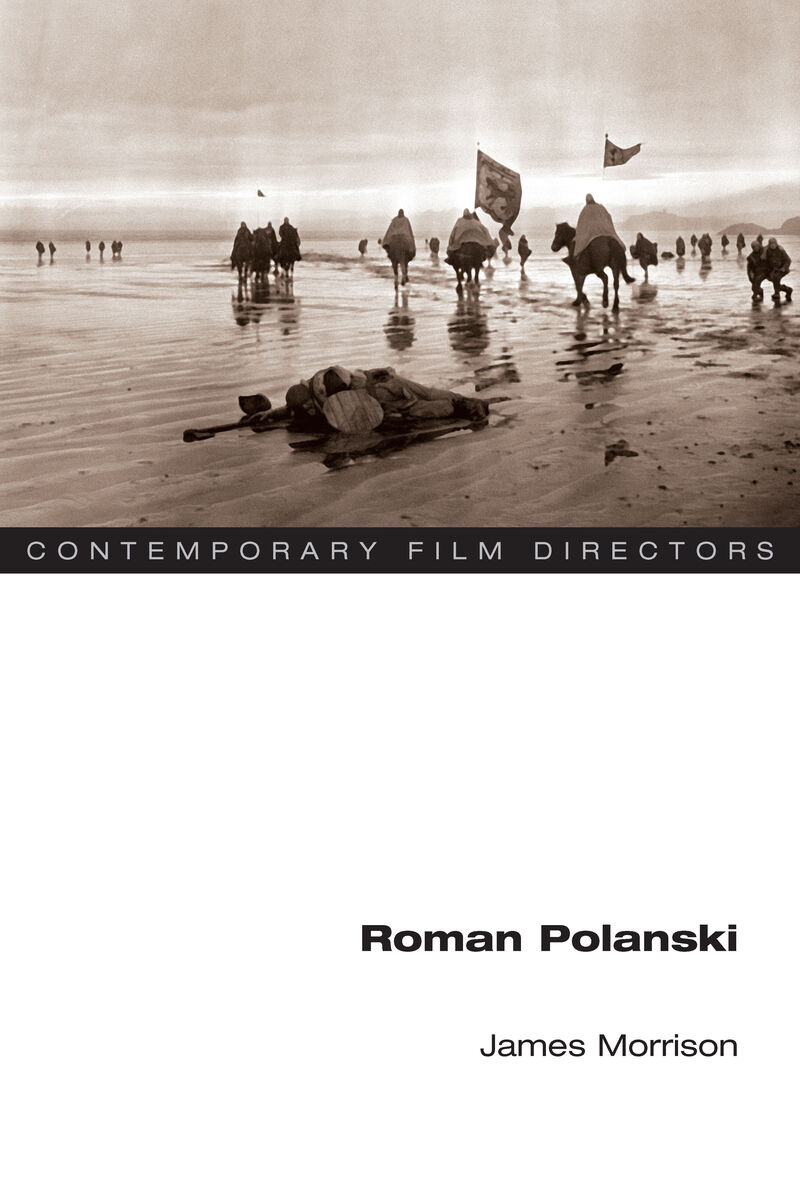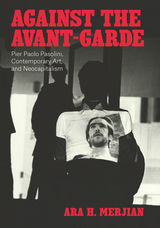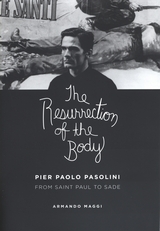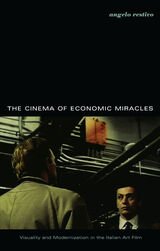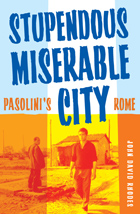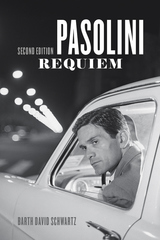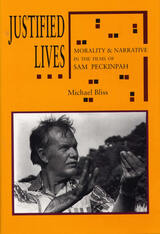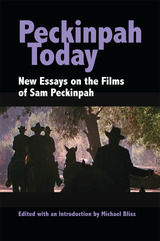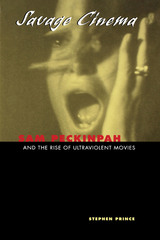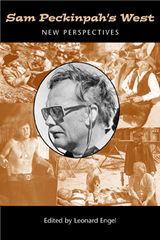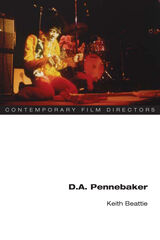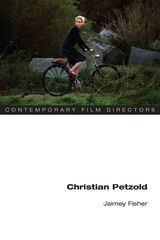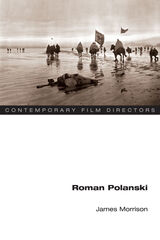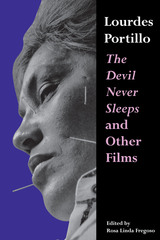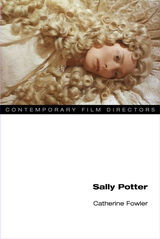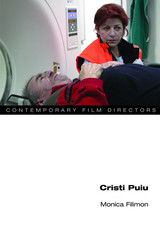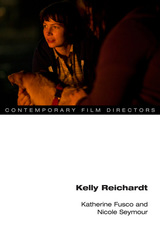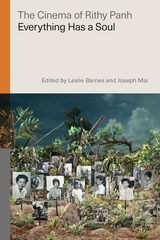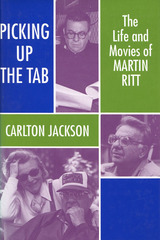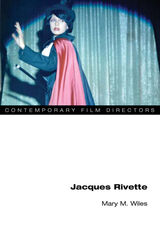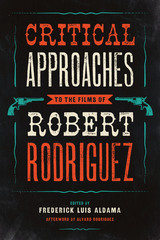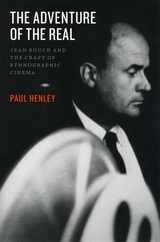Cloth: 978-0-252-03205-9 | eISBN: 978-0-252-09581-8 | Paper: 978-0-252-07446-2
Library of Congress Classification PN1998.3.P65M67 2007
Dewey Decimal Classification 791.430233092
James Morrison's critical study offers a comprehensive and critically engaged treatment on Roman Polanski's immense body of work. Tracing the filmmaker's remarkably diverse career from its beginnings to 2007, the book provides commentary on all of Polanski's major films in their historical, cultural, social, and artistic contexts. Morrison locates Polanski's work within the genres of comedy and melodrama, arguing that he is not merely obsessed with the theme of repression, but that his true interest is in the concrete—what is out in the open—and why we so rarely see it.
The range of Polanski's filmmaking challenges traditional divisions between high and low culture. For example, The Ninth Gate is a brash pastiche of the horror genre, while The Pianist is an Academy Award-winner about the Holocaust. Dubbing Polanski a relentless critic of modernity, Morrison concludes that his career is representative of the fissures, victories, and rehabilitations of the last fifty years of international cinema.
A volume in the series Contemporary Film Directors, edited by James Naremore
See other books on: Criticism and interpretation | Direction & Production | Entertainment & Performing Arts | Film | Morrison, James
See other titles from University of Illinois Press
